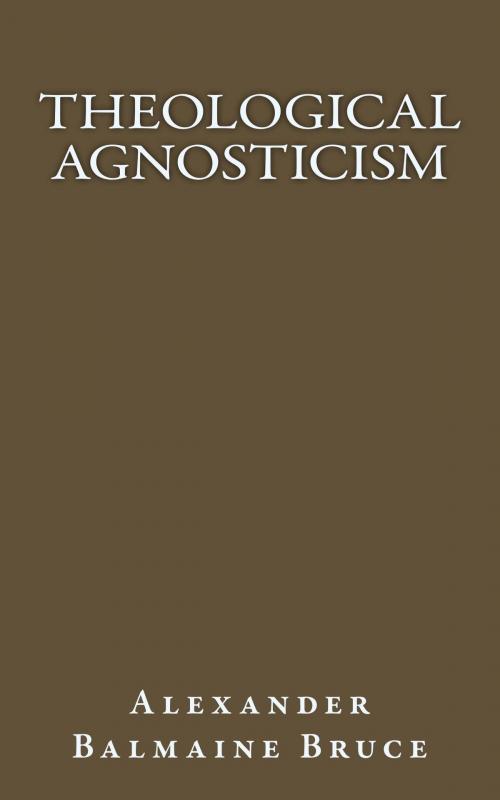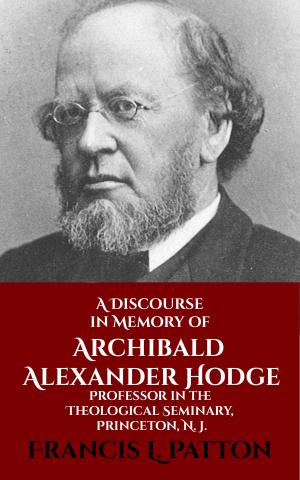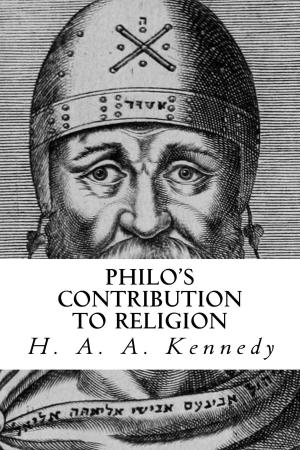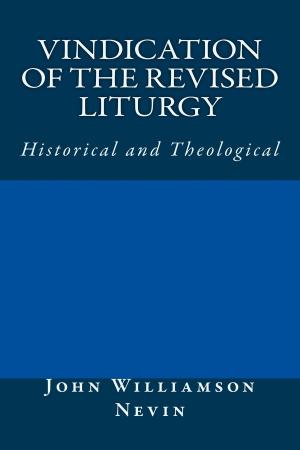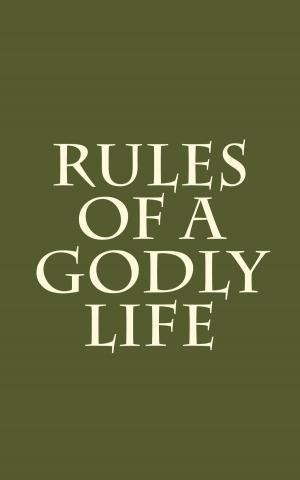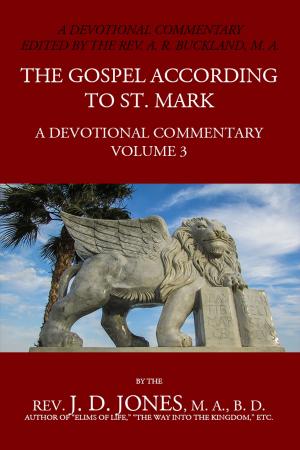Theological Agnosticism
Nonfiction, Religion & Spirituality, Christianity, Christian Literature, Theology| Author: | Alexander Balmain Bruce | ISBN: | 1230001944976 |
| Publisher: | CrossReach Publications | Publication: | September 30, 2017 |
| Imprint: | Language: | English |
| Author: | Alexander Balmain Bruce |
| ISBN: | 1230001944976 |
| Publisher: | CrossReach Publications |
| Publication: | September 30, 2017 |
| Imprint: | |
| Language: | English |
“Agnostic” is a modern epithet. It was invented some forty years ago by the late Mr. Huxley to distinguish his religious position from that of theists, pantheists, atheists, and to indicate that he, for his part, was not able to make any affirmations of any sort about God; not even that he is, or is not, still less what he is. Thus used the epithet denotes an attitude antithetic to that of the ancient gnostics who believed that an unlimited knowledge of God and the supersensible world was possible, and that its attainment was man’s chief good. Since Huxley first coined the term it has steadily gained ever-increasing currency, and, following the fate of all new words, it has been used with various shades of meaning. In strictness it should be applied only to those who, like that distinguished scientist, profess absolute, unqualified agnosticism concerning God. But there is an agnostic Zeitgeist which influences many men who have not reached that extreme position. And so we have to reckon with a modified, partial agnosticism, professed not by unbelieving men of science, or by skeptical philosophers, but by religious men or theologians, and consisting in a severe restriction of the knowledge of God attainable by man. It has its ultimate unconscious source in the spirit of the time, and its conscious grounds in philosophic theories of knowledge, in particular views as to the idea of religion, and in certain convictions cherished concerning the characteristics of the Bible and the proper use of the sacred literature. It is of this modified type of the modern phenomenon in question I mean to speak under the title of “theological agnosticism.” Its proper home is Germany, but sympathetic movements of thought are not lacking in English literature.
“Agnostic” is a modern epithet. It was invented some forty years ago by the late Mr. Huxley to distinguish his religious position from that of theists, pantheists, atheists, and to indicate that he, for his part, was not able to make any affirmations of any sort about God; not even that he is, or is not, still less what he is. Thus used the epithet denotes an attitude antithetic to that of the ancient gnostics who believed that an unlimited knowledge of God and the supersensible world was possible, and that its attainment was man’s chief good. Since Huxley first coined the term it has steadily gained ever-increasing currency, and, following the fate of all new words, it has been used with various shades of meaning. In strictness it should be applied only to those who, like that distinguished scientist, profess absolute, unqualified agnosticism concerning God. But there is an agnostic Zeitgeist which influences many men who have not reached that extreme position. And so we have to reckon with a modified, partial agnosticism, professed not by unbelieving men of science, or by skeptical philosophers, but by religious men or theologians, and consisting in a severe restriction of the knowledge of God attainable by man. It has its ultimate unconscious source in the spirit of the time, and its conscious grounds in philosophic theories of knowledge, in particular views as to the idea of religion, and in certain convictions cherished concerning the characteristics of the Bible and the proper use of the sacred literature. It is of this modified type of the modern phenomenon in question I mean to speak under the title of “theological agnosticism.” Its proper home is Germany, but sympathetic movements of thought are not lacking in English literature.
